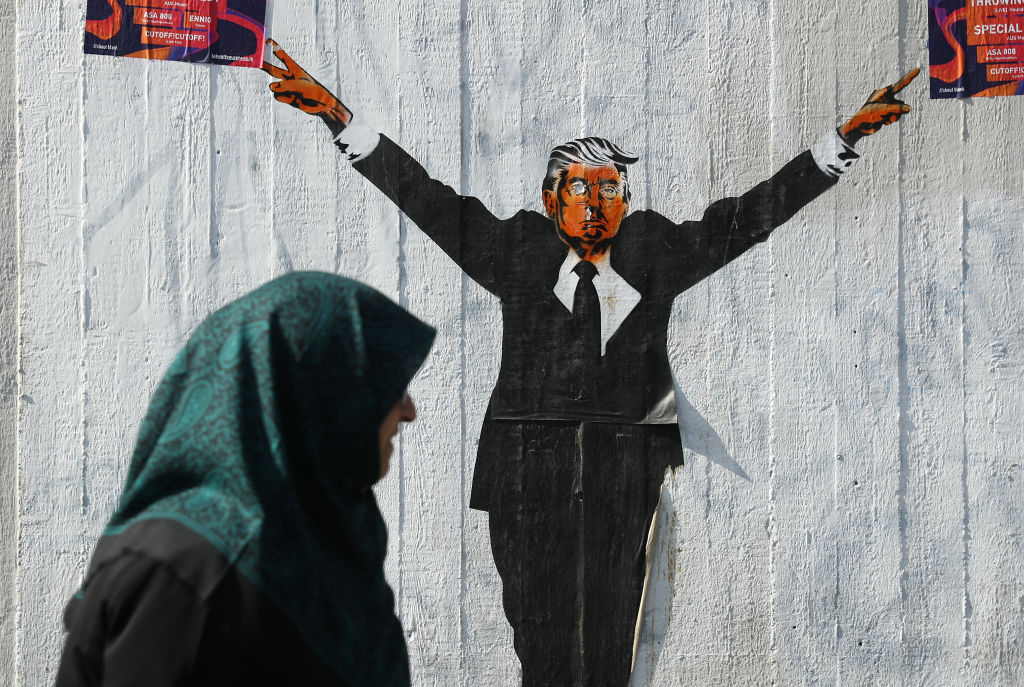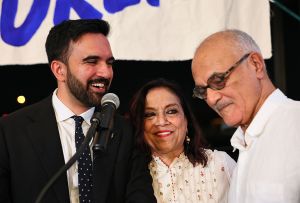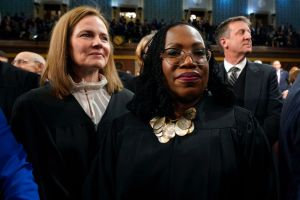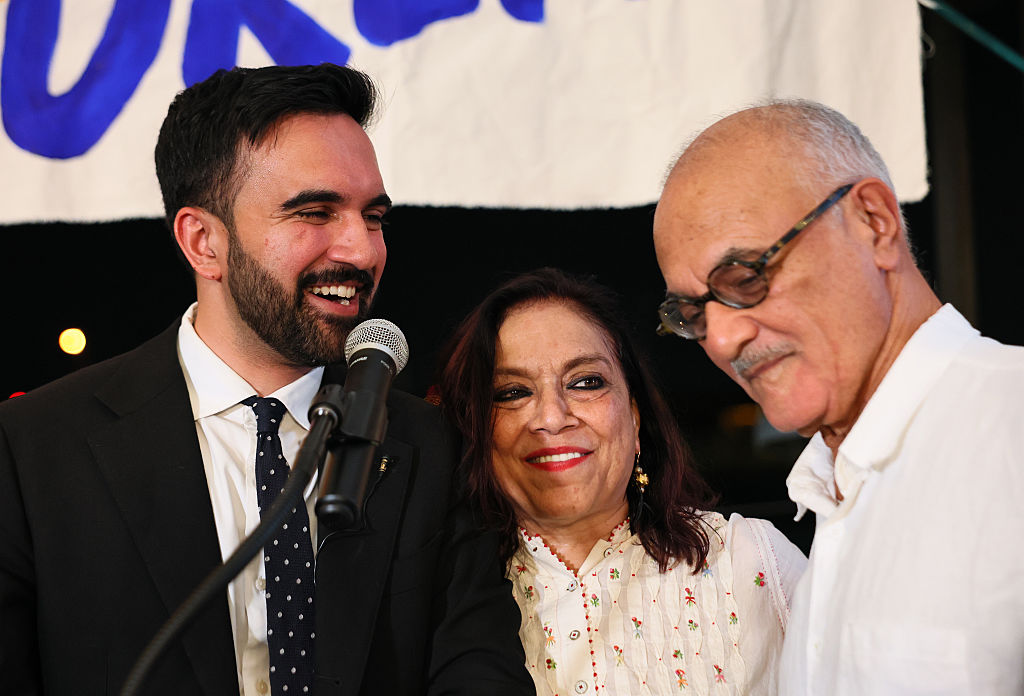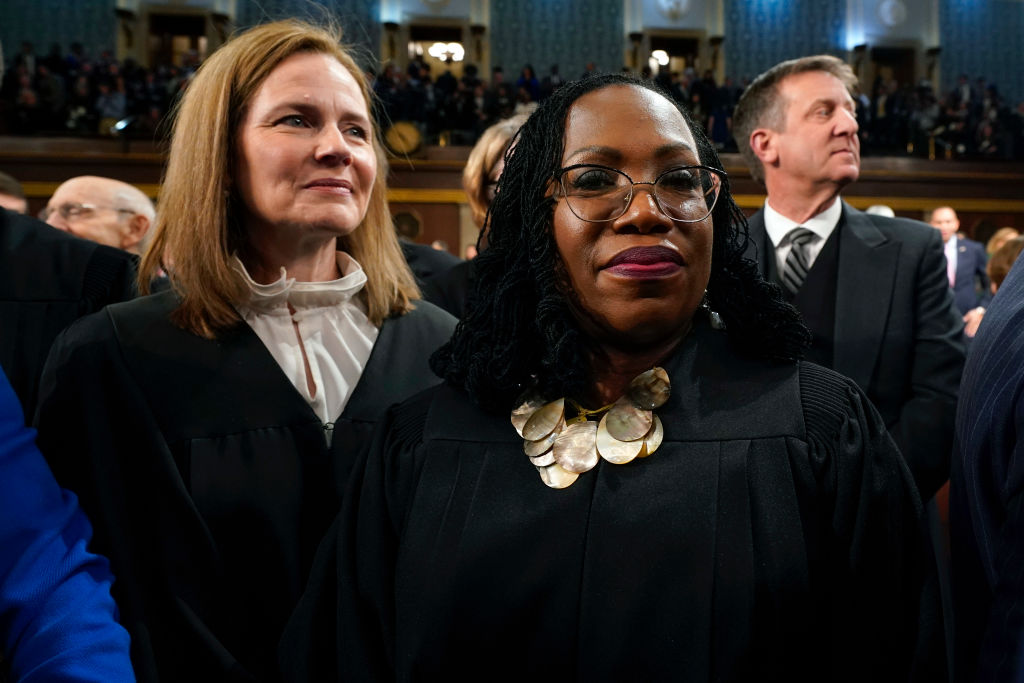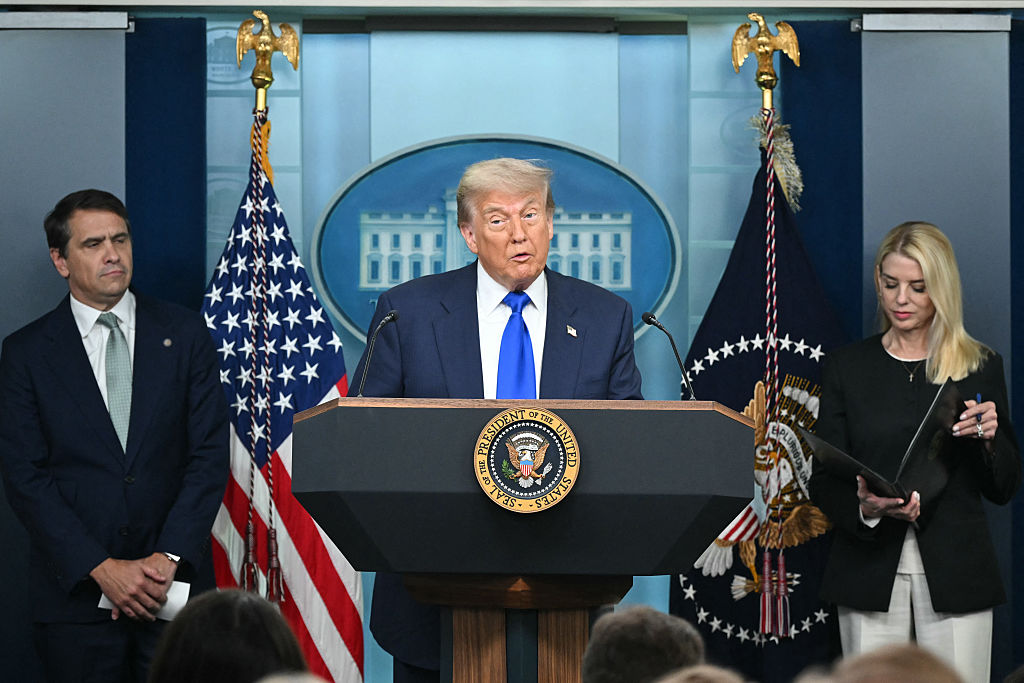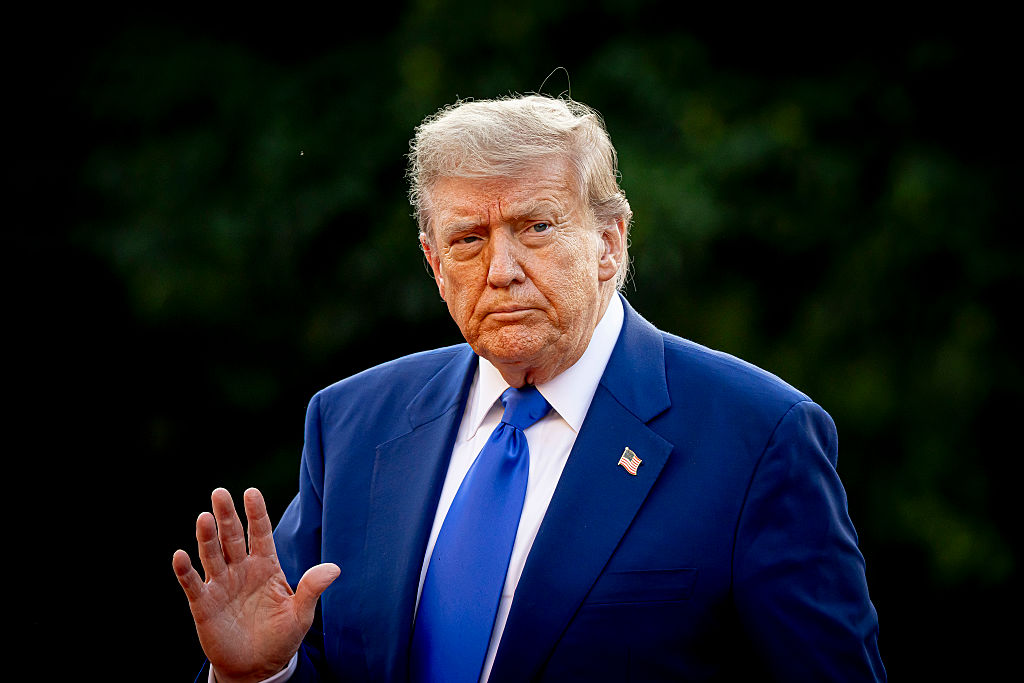Donald Trump’s defeat in the election was widely predicted. What was less anticipated was the level of support Trump received from Muslim voters, a third of whom backed him, according to the AP VoteCast survey. It seems many Muslim voters reflected on Trump’s tumultuous time in office and liked what they saw: there was an almost three-fold increase in the number of Muslim voters who turned out for Trump compared to 2016. This marks a stark contrast to Barack Obama and George W. Bush, who lost a significant chunk of these voters after their first stints at the White House. So what happened?
Over the past four years, Trump has gone from declaring that ‘Islam hates us’, asking for a sweeping ban on Muslims entering the US, to issuing an Executive Order preventing people from seven Muslim-majority states from coming to the country. Trump’s unbridled rhetoric on Islam and Muslims led to his depiction in the media as an ‘Islamophobe’. This could have been bad news for Trump: a council on American-Islam relations (CAIR) report from 2016 claimed ‘Islamophobia’ was one of the most important issues at that year’s election, according to Muslim voters. Yet it seems such accusations against Trump did little to dent support among these voters.
Of course, it’s true that the majority of Muslim voters did back Biden, rather than Trump. But with three in 10 voters from this constituency opting for The Donald, it seems sensible to call time on the idea of a monolithic ‘Muslim vote bank’. Just as Christians who attend the same church didn’t all vote for Trump, or Biden, Muslims who pray together don’t necessarily vote the same way. This shouldn’t be surprising. And yet the depiction of Trump as a nasty racist means that this level of support has still taken many people aback.
It isn’t only in the United States, though, where this myth of a monolithic Muslim vote has been busted open. India’s Hindu nationalist Bharatiya Janata Party (BJP) is also accused of ‘Islamophobia’ and yet it has seen its vote share spike significantly among Muslims in several key regions in recent years. Germany and France, where even Marine Le Pen won five percent of the Muslim vote in the first round of the 2017 presidential elections, also suggests that it is an oversimplification to assume those of the same religion invariably have the same political tastes.
[special_offer]
As with all Americans, the reasons why some Muslims chose Trump are hard to pin down; they include financial or political considerations that impact Americans across the board. Indeed, Republicans have traditionally dominated the ‘Muslim constituency’ where many of the common conservative values overlap.
But on the flip side, what was it about Biden that plenty of Muslim voters didn’t like? Biden’s contribution in perpetuating war in the Middle East is a reason why Trump — a man whom, for all his faults, was not a warmonger in the region — may have been their preferred pick. Other Muslims have described themselves as part of the ‘silent majority’ that supports Trump, with some deeming ‘coming out’ as a Trump supporter as being synonymous as ‘breaking’ the Islamic covenant of Nikkah. This overlaps with the ‘shy’ Trump supporter theory and perhaps explains why pollsters have been wrong on two consecutive US elections.
So for all his faults, many Muslim voters liked what Donald Trump was doing as president — and voted to reelect him. They’ll be disappointed with last week’s result.
This article was originally published onThe Spectator’s UK website.



